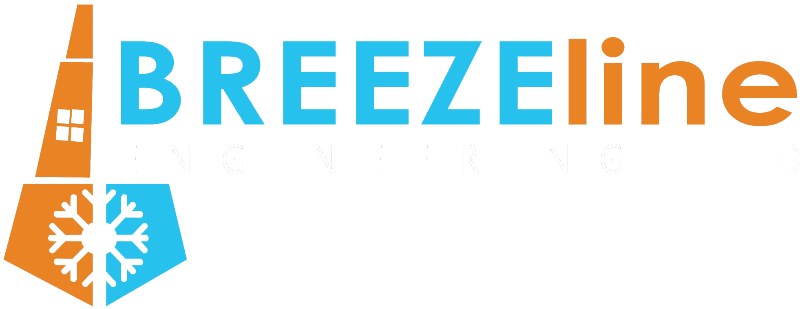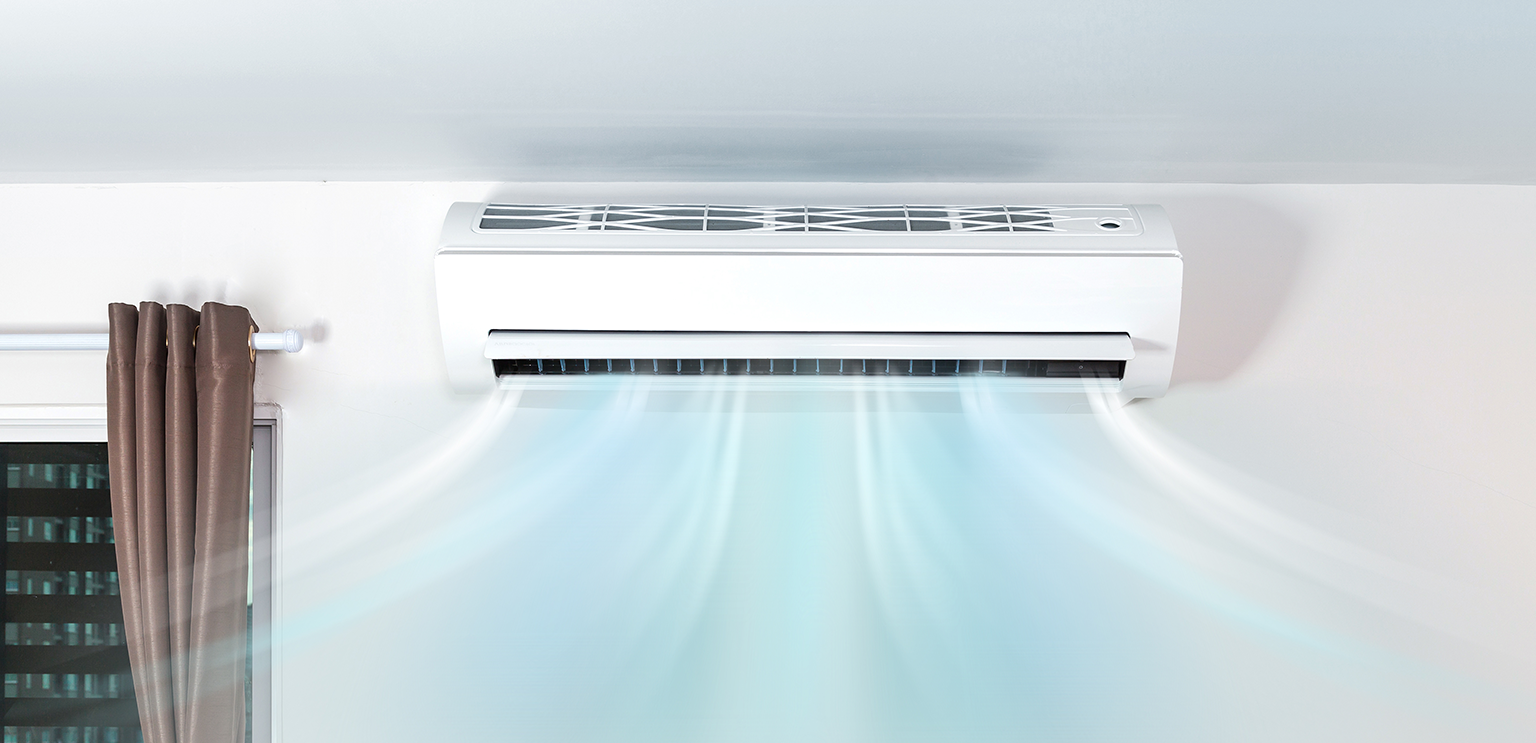Proper ventilation systems are essential for maintaining healthy indoor environments. They regulate air quality, remove contaminants, and control humidity levels, ensuring a comfortable and safe space for occupants. Without adequate ventilation, indoor air can become stagnant, leading to the buildup of pollutants and allergens that may cause health issues.
In residential, commercial, and industrial settings, ventilation systems play a crucial role in energy efficiency. By allowing fresh air to circulate, these systems reduce the reliance on heating and cooling, ultimately lowering energy consumption and costs. Investing in high-quality ventilation systems is vital for both health and sustainability.
Building & Infrastructure Development
Modern ventilation solutions are integral to building design and infrastructure development. These systems are designed to meet specific needs, whether in a small office or a large industrial facility. Advanced technologies, such as smart ventilation systems, allow for precise control and monitoring, adapting to environmental conditions and ensuring optimal performance.
Building & Infrastructure Development
As buildings become more energy-efficient and airtight, the importance of proper ventilation increases. Incorporating ventilation into the overall design of a building ensures that it meets health standards while maintaining energy efficiency. From initial planning to implementation, ventilation should be a priority in infrastructure projects.
Choosing the Right Ventilation System
- Assess the specific needs of your space to determine the best ventilation system.
- Consider energy-efficient options to reduce operational costs.
- Ensure regular maintenance to keep systems running effectively.
- Incorporate smart technology for advanced control and monitoring.
- Consult with experts to design and install the most suitable system for your building.

